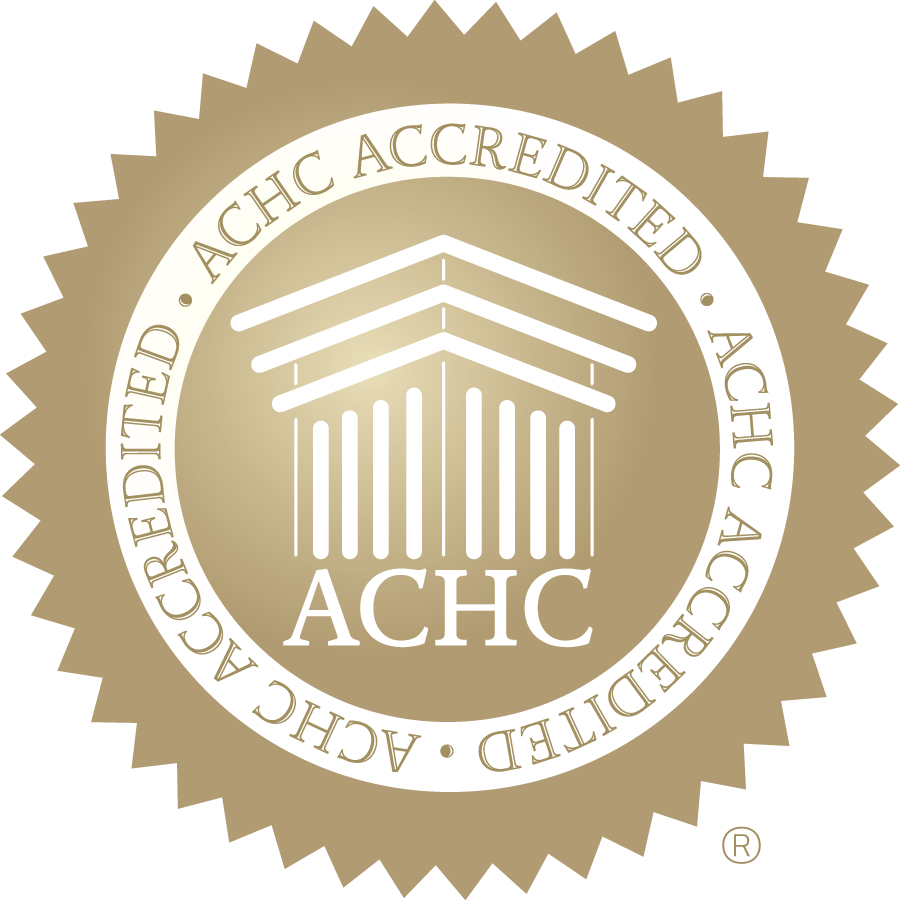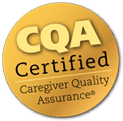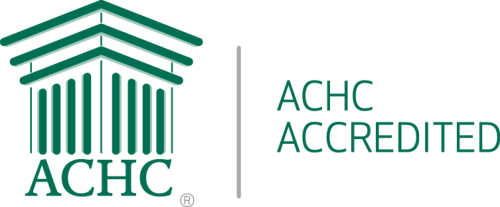
Dementia and Alzheimer’s Disease are often used interchangeably, but there is a distinct difference.
Unfortunately, many, even those serving in the health care industry, treat the two conditions as if they are the same. But, are they both the same?
The answer is that yes, but no!
Yes, if we mean are referring to impaired thinking and memory. Both do exhibit these conditions, more specifically weakened thought process, impaired speech and confusion. But, the similarities end there.
Dementia
Dementia is not a disease but an umbrella term that refers to a set of symptoms, not the disease itself. These symptoms may include one or more of the following: language difficulty, loss of short-term memory or poor judgment. When an individual is said to have dementia, they are exhibiting certain symptoms.
The two most common types of dementia are:
- Alzheimer’s disease
- Vascular dementia
These two conditions account for the vast majority of dementia cases. Both conditions are irreversible, although their symptoms can sometimes be managed.
Other common causes of dementia are Huntington’s Disease, Parkinson’s Disease and Creutzfeldt-Jakob disease.
With a thorough screening that includes blood tests, a mental health evaluation, neuropsychological testing, and sometimes a brain scan, doctors can accurately diagnose the cause of the dementia symptoms in 90% of cases.
As dementia progresses, it can have a huge impact on the ability to function independently. It’s a major cause of disability for older adults and places an emotional and financial burden on families and caregivers.
The World Health Organization estimates that 47.5 million people around the world are living with dementia.
Alzheimer’s disease
The most common form of dementia (60-70% of dementia cases), and this terminal and progressive brain disorder has no known cause or cure.
The National Institutes of Health estimate that more than 5 million people in the United States have Alzheimer’s disease. Although younger people can and do get Alzheimer’s, the symptoms generally begin after age 60. The time from diagnosis to death can be as little as three years in people over 80 years old. However, it can be much longer for younger people.
Alzheimer’s disease occurs when high levels of certain proteins inside and outside brain cells make it hard for brain cells to stay healthy and to communicate with each other. This leads to the loss of connections between nerve cells, and eventually to the death of nerve cells and loss of brain tissue.
In the early stages of a disease, there can be some clear differences between the diseases. For example, in dementia with Lewy Bodies (the second most common cause of dementia), early symptoms may not be so much forgetfulness, but lowered attention span, recurrent visual hallucinations, and a fluctuation between periods of lucidity (or clear thinking) followed by periods of confusion. However, as the specific disease advances, more parts of the brain become affected, and the differences from one cause of dementia to another are subtle.
Treating Dementia vs treating Alzheimer’s disease
Treatment for dementia will depend on the exact cause and type of dementia, but many treatments for dementia and Alzheimer’s will overlap.
Alzheimer’s treatment
No cure for Alzheimer’s is available, but options to help manage symptoms of the disease include:
- medications for behavioral changes, such as antipsychotics
- medications for memory loss, which include cholinesterase inhibitors donepezil (Aricept) and rivastigmine (Exelon) and memantine (Namenda)
- alternative remedies that aim to boost brain function or overall health, such as coconut oil or fish oil
- medications for sleep changes
- medications for depression
Dementia treatment
In some cases, treating the condition that causes dementia may help. Conditions most likely to respond to treatment include dementia due to:
- drugs
- tumors
- metabolic disorders
- hypoglycemia
In most cases, dementia isn’t reversible. However, many forms are treatable. The right medication can help manage dementia. Treatments for dementia will depend on the cause.
For example, doctors often treat dementia caused by Parkinson’s disease and Lewy Body Dementia with cholinesterase inhibitors that they also often use to treat Alzheimer’s.
Treatment for vascular dementia will focus on preventing further damage to the brain’s blood vessels and preventing stroke.
People with dementia can also benefit from supportive services from home health aides and other caregivers. An assisted living facility or nursing home may be necessary as the disease progresses.
While the differences between Alzheimer’s disease and dementia are clear to families dealing with the diseases, more public awareness is needed to differentiate between the two. Further understanding of what exactly causes Alzheimer’s disease will help to clear any confusion and hopefully lead to better treatments plans and, ultimately, a cure.
If you are caring for someone with Alzheimer’s disease or similar dementia, how has it impacted you and how do you cope? We’d like to hear from you!

 Published December 21, 2016
Published December 21, 2016





